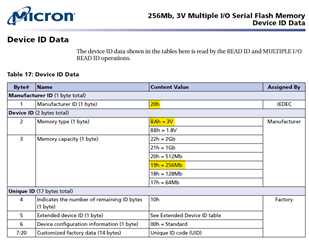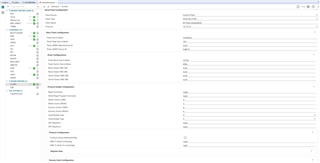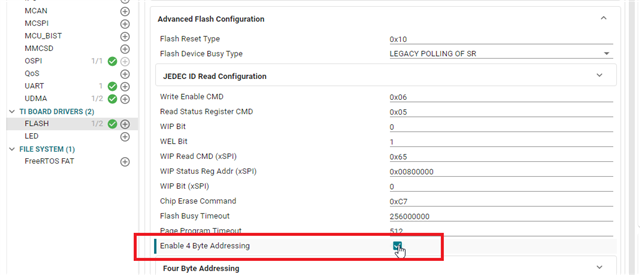Part Number: AM623
Other Parts Discussed in Thread: SK-AM62, SYSCONFIG, SK-AM62B
Tool/software:
I have a custom board mounted AM62 device, and booted it up with SD boot.
There is an error about the Flash device configuration, but I can't figure out what caused it.

I have referred to the following link and created an SD.
The image file generated by the SBL_NULL project is renamed to "tiboot3.bin" and placed on the SD card.
The configuration is changed as follows, because the Flash device is different from the components mounted on the SK-AM62 evaluation board.
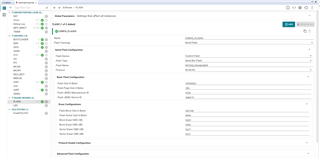
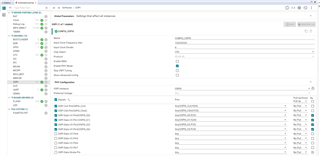
【Device Information】
・CPU:AM6234ATCGHAALW
・FlashROM:MT25QL256ABA8ESF
-256Mbit
-Quad SPI
【More information】
・I confirmed that the waveform shows that the reset is unlocked after CS is asserted.
・CLK was not being output.


